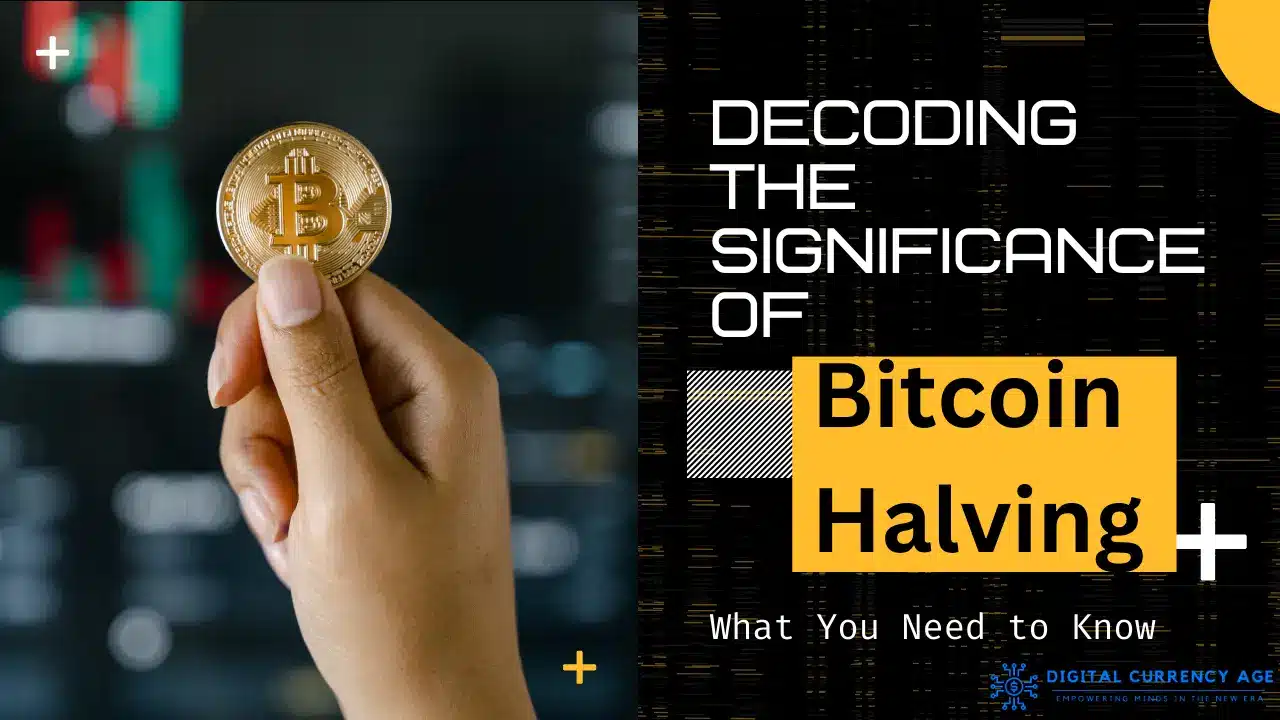Following the SEC’s approval of spot Bitcoin ETFs a few months ago, Ethereum spot ETFs are now set to trade in the US.
Surprisingly, the U.S. Securities and Exchange Commission (SEC) said Thursday that it had accepted eight applications for spot Ethereum ETFs.
This means that Wall Street can now trade Ethereum.
The Bitwise Ethereum ETF, the iShares Ethereum Trust, the VanEck Ethereum Trust, the ARK/21 Shares Ethereum ETF, the Invesco Galaxy Ethereum ETF, the Fidelity Ethereum Fund, and the Franklin Ethereum ETF are some of the funds that have been accepted.
It will take some time for these spot Ethereum ETFs to start trading. James Seyffart, an ETF expert at Bloomberg, said in a tweet that it could take “a couple weeks” for the fund managers’ S-1 documents to be accepted, which would then allow trading to begin.

A week ago, most financial experts and leaders in the crypto business thought that such a thing would not happen. The SEC hadn’t made it clear that it planned to move forward with any spot ETH ETF applications before the May 23 deadline.
Also, a few weeks before, the Ethereum software company Consensys sued the SEC, saying that the agency had been secretly thinking for over a year that ETH was an illegal, unregistered investment.
(Full disclosure: Consensys is one of the 22 backers in Decrypt.) If the SEC officially labeled ETH as a security, the process for approving Ethereum ETFs would have to be different from what is in place now.
The SEC seems to agree that ETH is not a security by itself by allowing spot ETH ETFs today.
This choice is a big win for crypto supporters because ETH is a key part of the Ethereum network, which many of the biggest projects and services in the industry depend on.
But in order to get approval, some ETH ETF issuers recently took out text from their applications that talked about staking customer ETH.
Since September 2022, when Ethereum switched to a proof-of-stake system, people who own ETH have been able to stake their coins to win rewards.
The SEC has always said that when a financial intermediary offers staking services, it is an illegal securities plan that has not been registered.
ETH futures ETFs follow derivatives contracts and were approved by the SEC in October. Spot Ethereum ETFs are different because issuers buy and store ETH directly for their customers.
Now that spot ETH ETFs have been approved, traditional banks and investors will soon be able to get exposure to ETH without having to hold any coin themselves.
Today’s important decision comes after the SEC approved eleven applications for spot Bitcoin ETFs in January. Since then, spot Bitcoin ETFs have received nearly $13 billion in net entries.
One of the people in charge of strategy at the Digital Chamber of Commerce, Cody Carbone, told Decrypt, “I always called the spot Bitcoin ETF approvals Bitcoin’s IPO.” “This is the ETH IPO.” I think it’s a big support.







